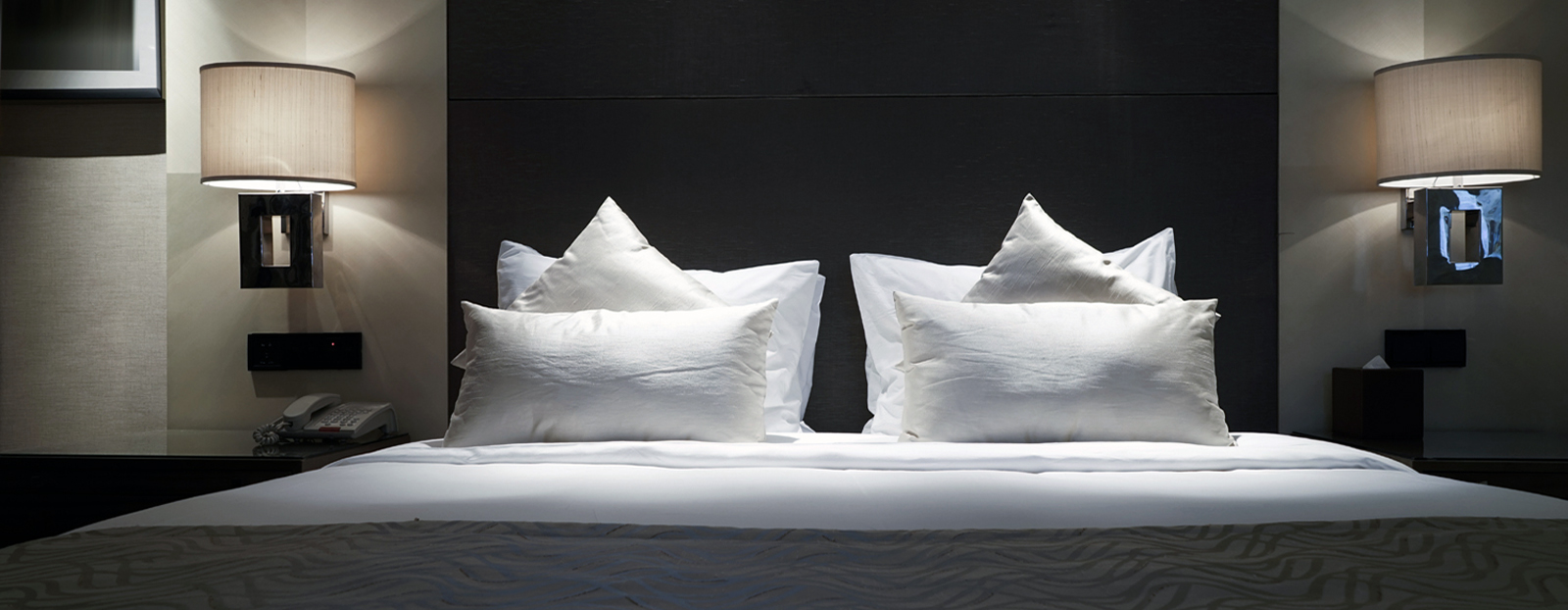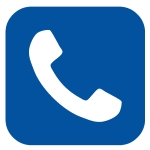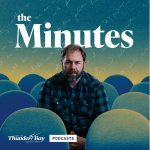Did you receive an email from Airbnb about the Municipal Accommodation Tax?
If you are a short-term accommodation (STA) operator in Thunder Bay, you have a responsibility to collect and remit the Municipal Accommodation Tax (MAT) on all stays under 30 days.
This tax applies to all types of accommodations, including those booked through platforms like Airbnb, VRBO, and others.
The MAT supports vital community projects, helping to improve city infrastructure, enhance tourism, and enrich the local experience for both residents and visitors.
Learn more about your responsibility as a STA operator
Important information for accommodation providers
The Municipal Accommodation Tax (MAT) applies to all short-term accommodation sold for a continuous period of less than 30 days in a hotel, motel, lodge, inn, bed and breakfast, dwelling unit, or any place an accommodation is provided.
The MAT is not a tax on local businesses. The tax is applied to the accommodation charge only and not to other fees such as valet parking, laundry service or continental breakfast.
The MAT must be identified as a separate item or charge on each bill, receipt or invoice.
Learn about how the MAT funds collected are used
Forms for accommodation providers
The Accommodation Establishment Information form must be completed by Providers who operate Accommodation Establishments within the City of Thunder Bay and must be submitted to the City 30 days after the establishment commences operations.
Due dates: payment and submission information
Monthly remitters |
|
A Provider shall remit the amount collectable for the previous month on or before the last day of every month, and shall submit the Municipal Accommodation Tax Return Form (Schedule B) to the City at that time. (For example, the September MAT return form and remittance is due to the City on or before October 31) |
Quarterly remitters |
|
A Provider shall remit the amount for the previous quarter on or before the last day of the month following the end of the quarter and shall submit the Municipal Accommodation Tax Return Form (Schedule B) to the City at that time.
|
Questions and more information
Have questions? Check out our FAQs to see the answers to the most frequently asked questions from STA operators, and the answers to the questions you're most likely to be asked by guests. If you need more information, contact us via email at ctbmat@thunderbay.ca or call (807) 625-2255.
Implementation Process
| The Legislation |
|
The Municipal Accommodation Tax is a new revenue tool that the provincial government has given Ontario municipalities to further promote tourism as an economic driver.
On May 17, 2017, the Province enacted Bill 127, Stronger, Healthier Ontario Act, 2017, providing municipalities the authority to levy a transient accommodation tax (hotel tax). The Transient Accommodation Regulation 435/17 came into force on December 1, 2017, outlining provisions for municipalities across Ontario to implement a Municipal Accommodation Tax (MAT).
The Regulation applies if a municipality imposes a tax in respect of the purchase of transient accommodation in the municipality under section Municipal Act 400.1 of the Act.
On August 13, 2018, the City of Thunder Bay passed By-law 74/2018 to implement the Municipal Accommodation Tax.
On October 7, 2024, the City of Thunder Bay passed By-law 351/2024 to amend By-law 74/2018 by changing the Municipal Accommodation Tax rate to 5%.
|
| Letters to accommodation providers |
| City of Thunder Bay Corporate Reports |
The City of Thunder Bay has used a phase approach to the implementation of the Municipal Accommodation Tax with four reports to City Council.
|
Contact Us








